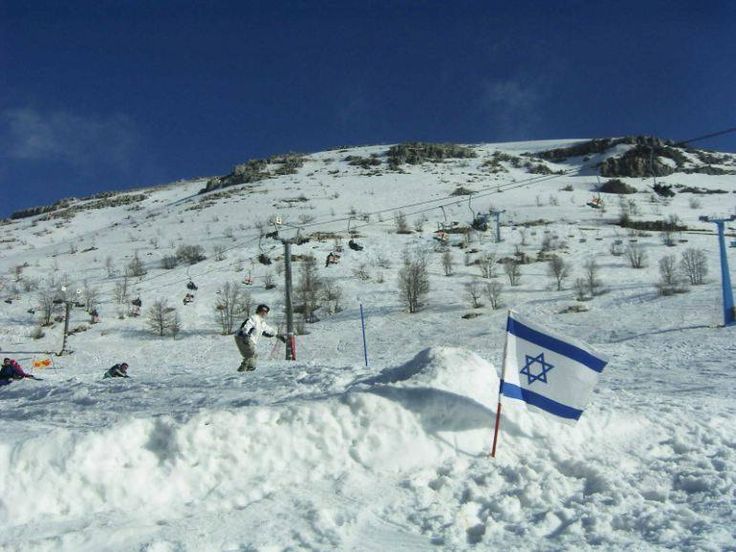Magus
Active Member
Phenomena occurs with the letter M at the front of words , for example Mars and Ares are linguistically the same, but are cognate with Hebrew מְרִי ( MRI ) but it's the same רִיב (RIB) ' Revolt Rebel ' . Using that Logic with the word Messiah , then מָשִׁיחַ would be שִׂיחַ meaning ' Mediator, reflection, Sing and musing ' and the word 'Muse ' means 'to ponder, to seek or wonder ' , from Gk 'Mousa meaning 'Music or Song' , also cognate with the word Music, the PIE is *Ais- ' to wish, to desire ' thus the words 'Seek and Ask.
The word שִׂיחָה in the Septuagint is rendered μού ( Mou ) and μοῦσ᾽ (Mous ) means Music
, also written μουσικός ( Mousikos ) , sounds awfully like Mashiyach
The Arabic word for Music 'mūsīqā' ultimately from Ancient Greek μουσική (mousikḗ).
Psalms 119:97
MEM. O how love I thy law! it is my meditation(שִׂיחָה) all the day.
שִׂיחַ
Letters interchange, ' SIH - SDH - SDK - SDI - SIK - STK - STS - ZDK
שִׁדָּה * shiddah = Musical Instrument (Ecclesiastes 2:8 )
מַשָּׂא * Massa = Music ( 1 Ch 15:22)
Μοῦσαι * Mousai ' Muses
Mediation and Metronome are also related to these words,
מִדּה * Middah - Measure
מְשׂוּרָה * Mesurah ( sounds like the word Measure )
שׁוּר * Shuwr - Sing ( Ezekiel 27:25)
שִׁיר * Shiyr - Song
Σειρήν * Sirens - Singers in Gk mythology.
שׁוּר (Shuwr) is used in Isaiah 57:9 to mean ' Anoint oneself '
1Sa 16:13
Then Samuel took the horn of oil, and anointed him in the midst of his brethren
קֶרֶן (Qeren) - Horn , but also 'musical instrument' and in Greek, κέρας (Keras ), Horn, but also musical instrument'
1 Kings 1:39
Zadok the priest took an horn of oil(Shemen) out of the tabernacle, and anointed (mashach) Solomon and they blew the trumpet
συμφωνία
Sym(ph)onia > Symonia > שֶׁמֶן (Shemen )
* Very common between Greek and Hebrew
1 Kings 1:39
Zadok the priest took the horn of Music out of the tabernacle they muse Solomon by blowing the trumpet
1 Samuel 16:13
Then Samuel took the horn of Music , and mused him in the midst of his brethren
κέρας > Christ = Music of the Horn'
Gospel of Philip
"Messiah" has two meanings, both "the Christ" and "the measured (mused) ".
The Gospel of Philip -- The Nag Hammadi Library
The word שִׂיחָה in the Septuagint is rendered μού ( Mou ) and μοῦσ᾽ (Mous ) means Music
, also written μουσικός ( Mousikos ) , sounds awfully like Mashiyach
The Arabic word for Music 'mūsīqā' ultimately from Ancient Greek μουσική (mousikḗ).
Psalms 119:97
MEM. O how love I thy law! it is my meditation(שִׂיחָה) all the day.
שִׂיחַ
Letters interchange, ' SIH - SDH - SDK - SDI - SIK - STK - STS - ZDK
שִׁדָּה * shiddah = Musical Instrument (Ecclesiastes 2:8 )
מַשָּׂא * Massa = Music ( 1 Ch 15:22)
Μοῦσαι * Mousai ' Muses
Mediation and Metronome are also related to these words,
מִדּה * Middah - Measure
מְשׂוּרָה * Mesurah ( sounds like the word Measure )
שׁוּר * Shuwr - Sing ( Ezekiel 27:25)
שִׁיר * Shiyr - Song
Σειρήν * Sirens - Singers in Gk mythology.
שׁוּר (Shuwr) is used in Isaiah 57:9 to mean ' Anoint oneself '
1Sa 16:13
Then Samuel took the horn of oil, and anointed him in the midst of his brethren
קֶרֶן (Qeren) - Horn , but also 'musical instrument' and in Greek, κέρας (Keras ), Horn, but also musical instrument'
1 Kings 1:39
Zadok the priest took an horn of oil(Shemen) out of the tabernacle, and anointed (mashach) Solomon and they blew the trumpet
συμφωνία
Sym(ph)onia > Symonia > שֶׁמֶן (Shemen )
* Very common between Greek and Hebrew
1 Kings 1:39
Zadok the priest took the horn of Music out of the tabernacle they muse Solomon by blowing the trumpet
1 Samuel 16:13
Then Samuel took the horn of Music , and mused him in the midst of his brethren
κέρας > Christ = Music of the Horn'
Gospel of Philip
"Messiah" has two meanings, both "the Christ" and "the measured (mused) ".
The Gospel of Philip -- The Nag Hammadi Library
Last edited:


